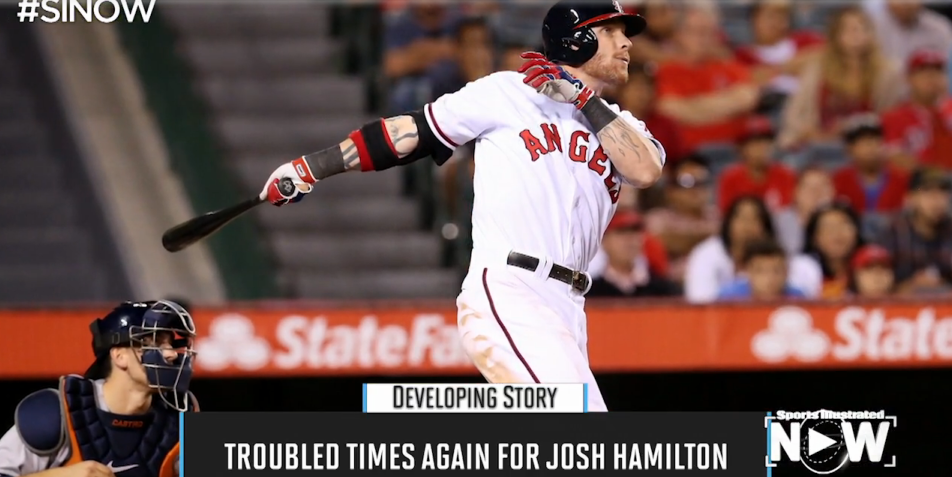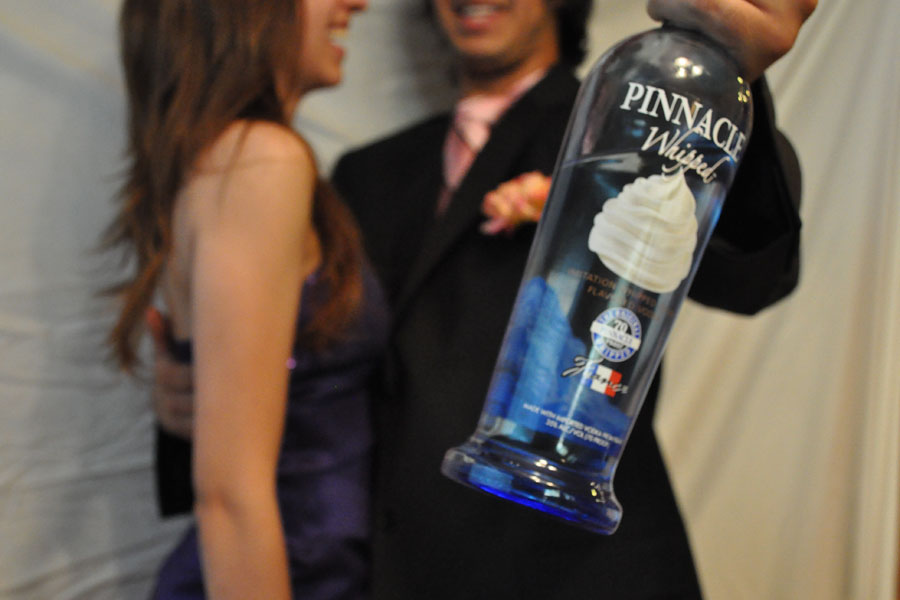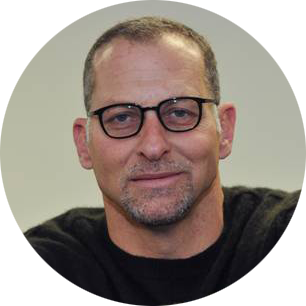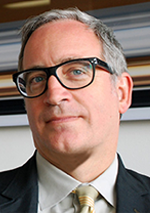Leave it to some overachievers to take a natural herb and make it nearly lethal. There are many people under physician’s care who smoke (or ingest) dried marijuana plant to alleviate stress, pain and neurological disorders. Of course, there are those who feel all marijuana in any form is to be avoided.

If you are unaware, Butane hash oil (BHO)–aka dab, dabs, dabbing, honey oil, wax, oil, shatter, or budder–is a potent marijuana/hash oil concentrate that can exceed 80% THC content. Most educators, parents and even some law enforcement are playing catch-up on this substance that anyone can easily tuck into a vaporizer and puff away with little to no trace of tell-tale skunk-y odor. It’s seriously potent drug, meaning one hit can get you stoned out of your gourd.

“BHO has been gaining in popularity in the past three years,” High Times senior editor Bobby Black told Wired. “It’s been done for decades, but it was only done by a few people and it was very underground. Even at High Times we didn’t really talk about it or cover it because it was so rare.”

The user will inhale a heated up “dab” of this amber looking goo and inhale the vapor from a pen like looking tool called a vaporizer for a high.
It is in the making of this portable concentrate that the danger begins. Explosions, immolation, surface burns and toxic chemical exposure are some of these dilemmas the home distiller and user faces. The main solvent that extracts the active chemical compounds of the plant, butane, has all sorts of dodgy “grades” even in containers that claim it is a purified product. An editorial in High Times magazine claims that only butane that is “quadruple-refined or better” is suitable for ingestion. But know that there are no standards for purity verification. Adding more to this dirty process, the actual pot plant may have been treated with chemicals or have fungus or other contaminants that will also be part of this concentrated muck.
Like Meth labs set up in trailers and homes, hidden away until someone hears the big boom, these BHO homebrewers too face all the same risks using these highly flammable materials. Especially if they are doing it stoned themselves.

The vapor emitted from this final product is reported to be up to five times stronger than just smoking marijuana, and is described as the free-basing of marijuana.
Dr. Walter Thomas, the Medical Consultant of The Discovery House a respected residential inpatient drug and alcohol treatment center in Southern California, weighed in on this breaking story.
“Marijuana, like any drug can be addictive and once someone gets swept up into the drug culture, the chances of substance abuse – especially to those who are genetically inclined to addiction – increase. Dabbing presents health dangers beyond smoking marijuana. The potent vapors that are inhaled — up to 80% pure THC compared to 18% for a joint — are highly psychoactive. The intense high can make people actually lose consciousness with all the unintended consequences that presents.”
The impurities also concerned Dr. Thomas. “There are also the risks of inhaling trace elements of butane that have not been removed from the finished product, and this is especially true of the homemade varieties …which makes up the vast majority available. Other contaminants like pesticides, used to grow the marijuana, may not be removed during the extraction process.”
In the end, children and teenagers are still not finished developing, and drug use remaps the brain and intellectual capacity. Dr. Thomas added, “Any heavy use of a drug, be it alcohol or marijuana, is especially dangerous to youth. The human brain is still developing through the teen years until the age of 21 and studies have shown that high levels of THC can inhibit the development of cognitive function and overall brain structure volume.
“Making the product itself can be extremely dangerous because of the explosive nature of butane,” Dr. Thomas noted the inherent physical dangers of the process too. “Lastly, inhaling butane hash oil is very unhealthy and both claims of it curing addiction and relieving all kinds of addiction withdrawal are totally false. In fact, we have no cure for the disease known as addiction.”
Original Article
The Discovery House
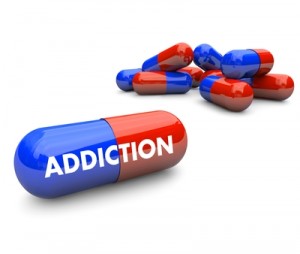 Chronic pain is a growing public health issue with economic, social and medical costs. As the percentage of the U.S. population utilizing opioid analgesics for pain control grows, so does the rate of abuse, misuse and overdose of these drugs. Examples of opiates include morphine, codeine, hydrocodone, heroin, oxycodone and heroin.
Chronic pain is a growing public health issue with economic, social and medical costs. As the percentage of the U.S. population utilizing opioid analgesics for pain control grows, so does the rate of abuse, misuse and overdose of these drugs. Examples of opiates include morphine, codeine, hydrocodone, heroin, oxycodone and heroin.
